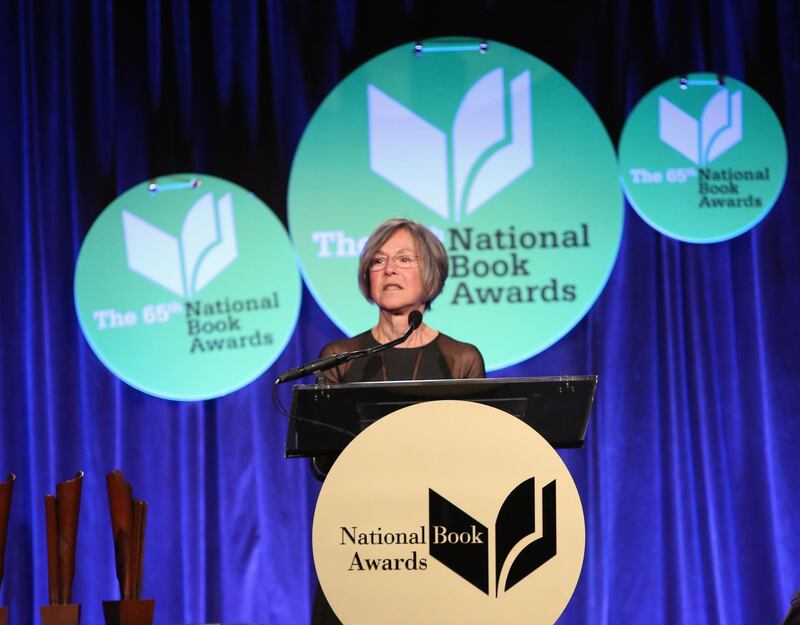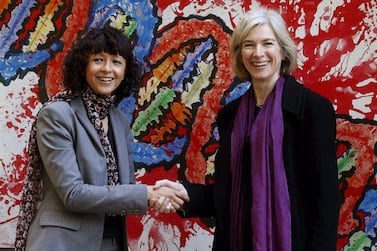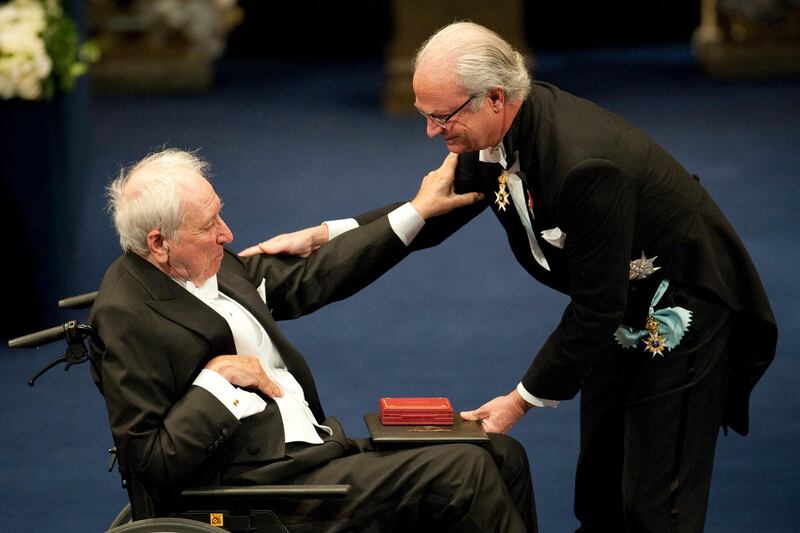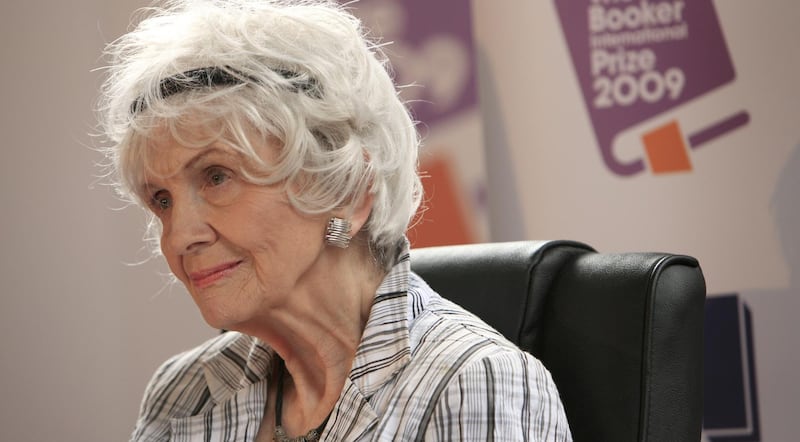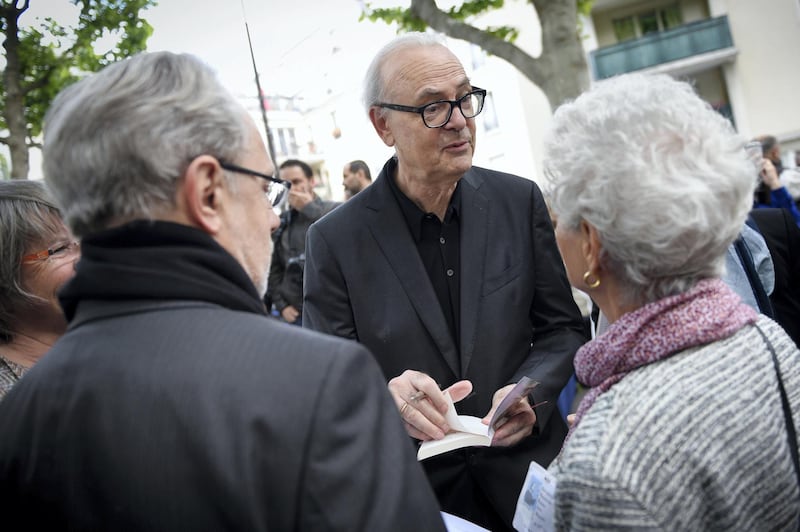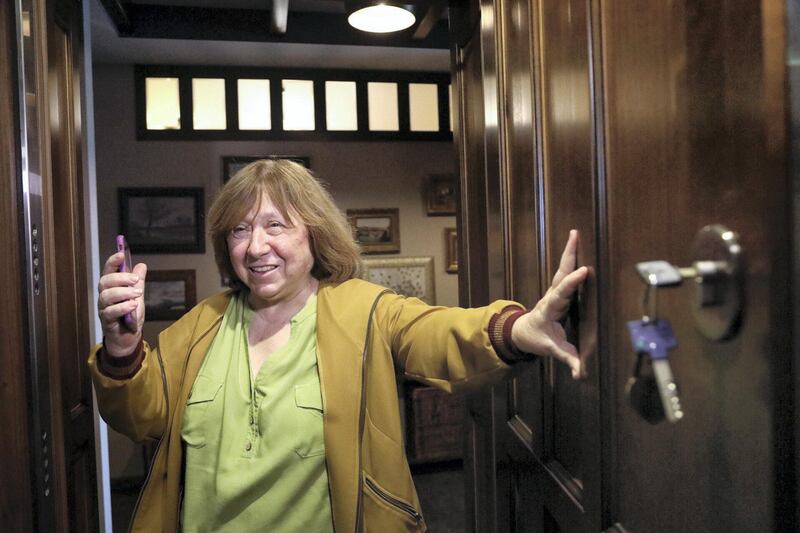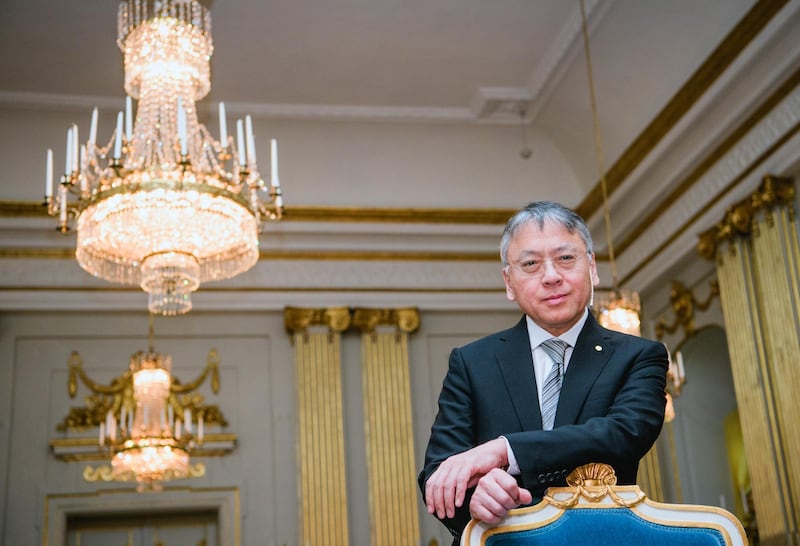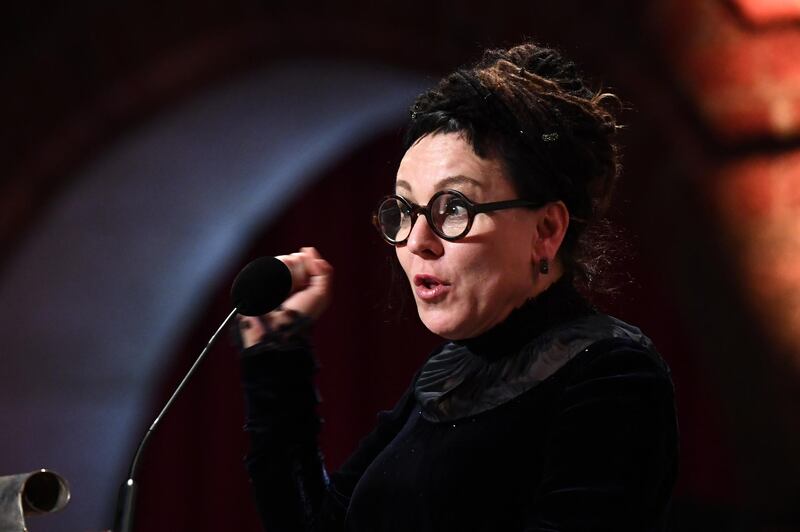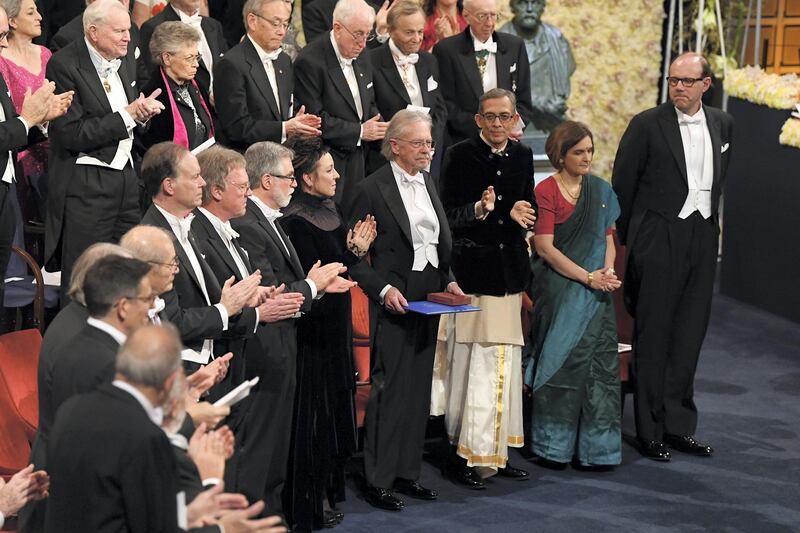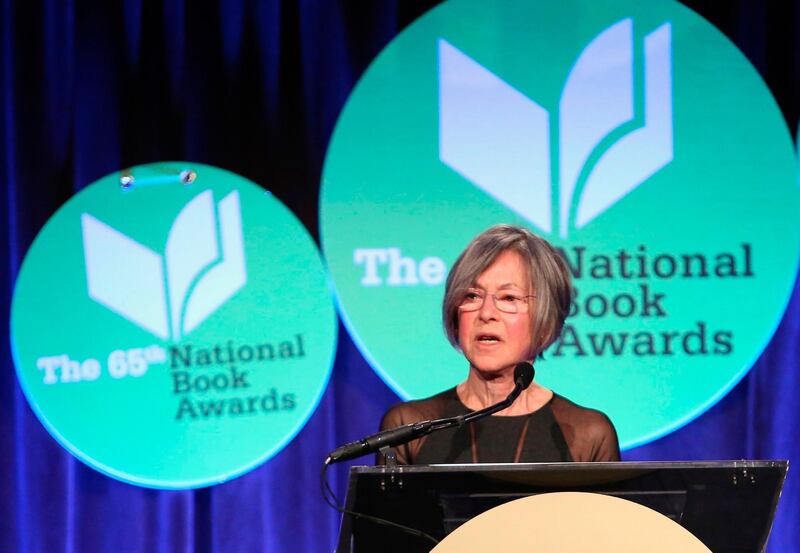American poet Louise Gluck has won the 2020 Nobel Prize in Literature.
The judges praised the writer "for her unmistakable poetic voice that with austere beauty makes individual existence universal".
The prize was announced in Stockholm by Mats Malm, permanent secretary of the Swedish Academy.
Gluck, 77, made her debut in 1968 with Firstborn, soon becoming one of the most prominent poets in American literature, with later works including The Wild Iris and Snowdrops.
The New York-born poet's works are “characterised by a striving for clarity,” often focusing on childhood and family life, and close relationship with parents and siblings, the Academy said.
It noted her 2006 collection Averno, calling it "masterly" and "a visionary interpretation of the myth of Persephone's descent into hell in the captivity of Hades, the god of death".
In 2015, then-US president Barack Obama awarded Gluck the National Humanities Medal "for giving lyrical expression to our inner conflicts".
Gluck is a safe choice for the prestigious award after last year's winner, Austrian novelist Peter Handke, unleashed a flood of criticism, leaving many wondering how it could award a writer known for supporting Serbian leader Slobodan Milosevic in the Balkan wars and playing down his army's atrocities.
That selection came on the back of a devastating, drawn-out scandal after the husband of one of the literary institution’s members was jailed for rape.
The scandal, which erupted in 2017, forced it to postpone the 2018 prize - a first in 70 years.
The Academy defended its choice of Handke as one based solely on literary merit.
The culture editor of Sweden's biggest daily Bjorn Wiman called the choice of Handke "terribly bad", adding: "If the Academy knows what is good for them, they'll choose Jamaica Kincaid this year."
BREAKING NEWS:
— The Nobel Prize (@NobelPrize) October 8, 2020
The 2020 Nobel Prize in Literature is awarded to the American poet Louise Glück “for her unmistakable poetic voice that with austere beauty makes individual existence universal.”#NobelPrize pic.twitter.com/Wbgz5Gkv8C
With themes like colonialism, racism and gender, "her stance on various moral and political issues are absolutely worth listening to today," he said.
Gluck is only the 16th Nobel Prize for Literature laureate since the award’s inception in 1901.
Other female winners in recent times include Olga Tokarczuk in 2018, Svetlana Alexievich in 2015 and Alice Munro in 2013.
On Monday, the Nobel Committee awarded the prize for physiology and medicine for a decisive contribution in work on the liver-ravaging hepatitis C virus. Tuesday’s prize for physics honoured a breakthrough in understanding the mysteries of cosmic black holes, and the chemistry prize on Wednesday went to scientists behind a powerful gene-editing tool.
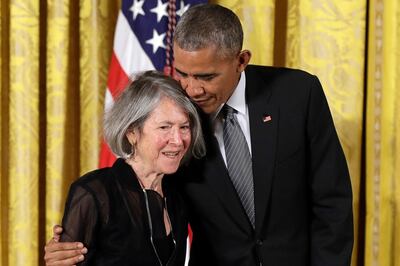
Still to come are awards for outstanding work in the fields of peace and economics.
The Nobel Prize comes with a medal and a sum of 10 million Swedish kronor ($1.1m).
Normally, the winner receives the Nobel from King Carl XVI Gustaf at a formal ceremony in Stockholm on December 10, but because of the pandemic that has been replaced by a televised ceremony showing the laureates receiving their awards in their home countries.
Nobel literature winner Louise Gluck's most famous lines
"We look at the world once, in childhood. The rest is memory"
- from Nostos
"Poetry survives because it haunts and it haunts because it is simultaneously utterly clear and deeply mysterious; because it cannot be entirely accounted for, it cannot be exhausted."
- from American Originality: Essays on Poetry
"I have very little taste for public life... I didn't think I was the sort of person they'd ever look at"
- to The Boston Globe when she was named US Poet Laureate in 2003.
"Of two sisters one is always the watcher, one the dancer"
- from Descending Figure
"The soul is silent. If it speaks at all it speaks in dreams"
- from It Is Daylight
"As I saw it,/ all my mother's life, my father/ held her down, like/ lead strapped to her ankles.
She was/ buoyant by nature;/ she wanted to travel,/ go to the theater, go to museums./ What he wanted/ was to lie on the couch/ with the Times/ over his face,/ so that death, when it came,/ wouldn't seem a significant change."
- from Ararat
"The unsaid, for me, exerts great power..."
- from Proofs and Theories
"We respect, here in America / what is concrete, visible. We ask/ What is it for?"
- from The Seven Ages
"I got up finally; I walked down to the pond./ I stood there, brushing the grass from my skirt, watching myself,/ like a girl after her first lover"
- from Marathon
